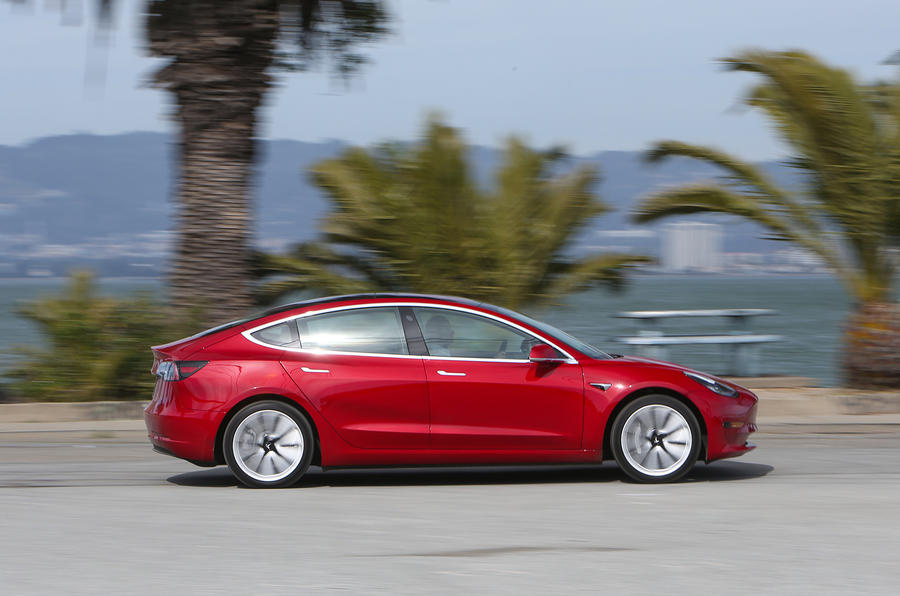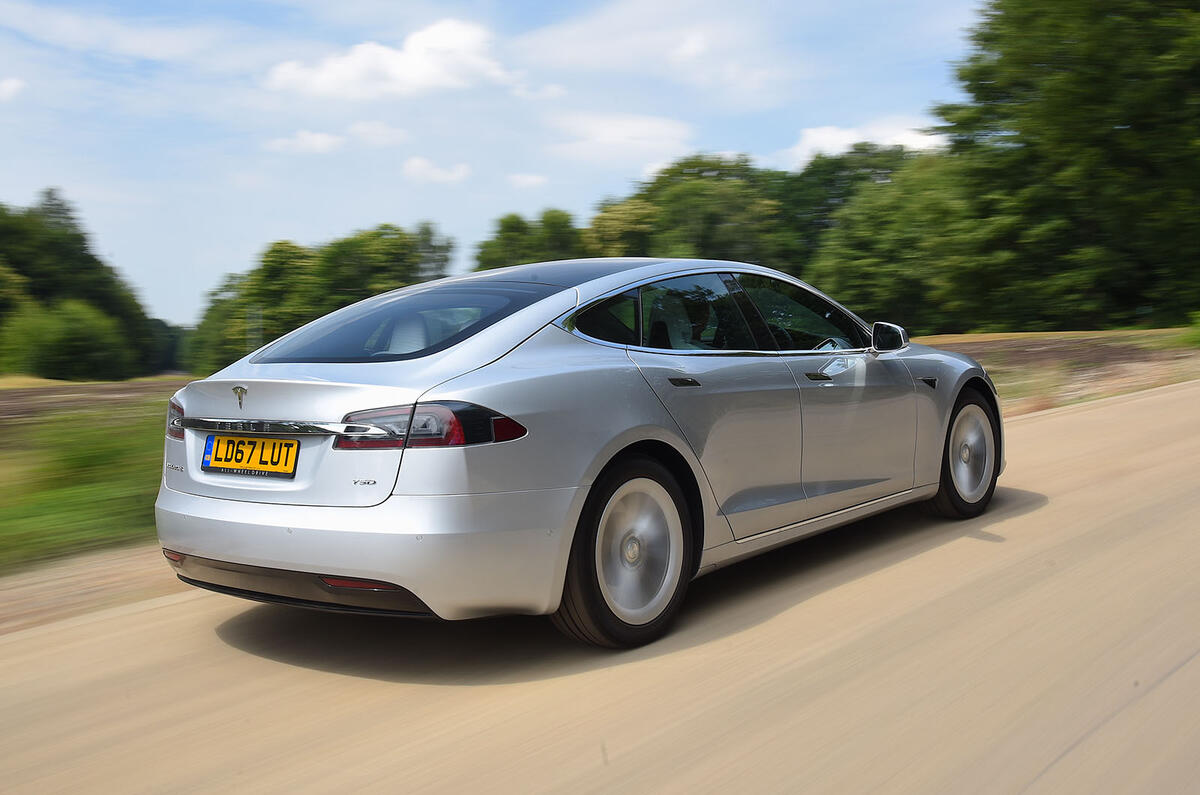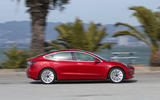The regime for assessing the safety of self-driving car systems is under scrutiny after consultants discovered errors in an analysis of Tesla crashes by a US government agency, which then delayed release of the data for two years in an apparent attempt to divert attention from the issue.
Quality Control Systems Corp (QCSC) made a deep-dive into data that purported to back up an impressive claim by NHTSA, the powerful US road safety body, and Tesla that the Autosteer system in Autopilot had reduced serious accidents by 40% — a game-changing improvement.
Tesla boss Elon Musk tweeted the results as NHTSA’s findings were released in January 2017.

But QCSC found that the NHTSA analysis failed to take into account all the mileage driven by the 43,781 vehicles studied. In fact NHTSA only used mileage data for 14,791 vehicles. As a result, the crash rate before Autosteer was inflated, leading to the wrong conclusion, says QCSC.
“The importance of this research goes well beyond the specific issues addressed in our statistical analyses,” said QCSC. “The larger question is whether the field experience of autonomous vehicles and advanced driver-assistance systems will be fairly and transparently assessed by public officials.”
When QCSC, which specialises in data analysis as a business tool, approached NHTSA for access to the publically-funded research, they were refused. The log-jam took two years to break, only after QCSC threatened court procedings to obtain the data via a freedom of information request.
In response to a request for a comment from Autocar, the Washington-based NHTSA released a limited statement: “The agency is reviewing the report released by Quality Control Systems Corp. with interest and will provide comment as appropriate.”











Join the debate
Add your comment
This to me is an emergency feature
If you simply do not like driving and can afford a Tesla. Just Uber everywhere instead.
NHTSA is a well known
NHTSA is a well known reputable agency. QCSC? Never heard of them...is Autocar going after some fake conspiracy theory? Stay with reality and you will do better.
Not always the cases
Lexus weren't the first to invent the thottle pedal but they still screwed up.
Vauxhall thought they'd sussed the heater controls, no AC control unit ever warmed a car so thoroughly!